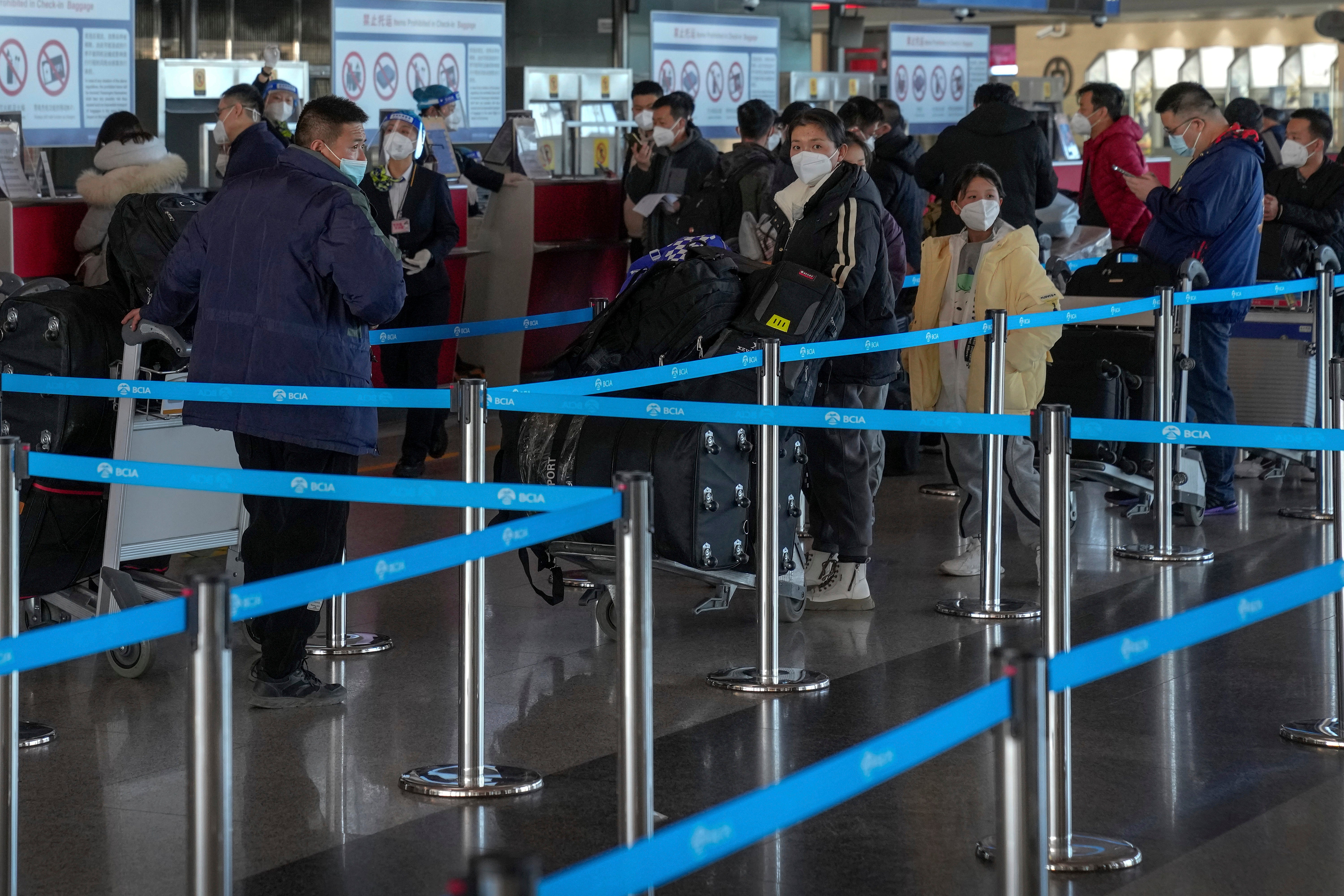How can we spend a week travelling from Rome to Paris?
Simon Calder answers your questions on Mediterranean train trips, Covid screenings and how to navigate atol claims


Q In March I have a week to get from Rome to Paris by train. Where’s a good place to break the journey, please? Not Lyon, though.
Ginger G
A What a great opportunity; the problem will be what to leave out. Take the slow old train from Rome that winds towards France beside the western coast, which is a joyful journey in its own right. You could break the journey at Orbetello and take the ferry across to the island of Giglio: this tranquil fragment of Tuscany promises walks that will take you over the hills and far away from the cares of 21st-century life.
Just an hour or so up the coast, the next stop is La Spezia – where you should stay for two or even three nights. This hilly harbour city is an excellent base for trips out to Portovenere, the little-visited but fascinating town of Sarzana and the Cinque Terra (“five lands”). These pretty waterside villages – Monterosso, Vernazza, Corniglia, Manorola and Riomaggiore – are ranged along nine miles of the spectacular shore of Liguria.
Genoa is worth a night and a day of anyone’s time: a city set in a natural amphitheatre above the Mediterranean, rich in history. From the 12th century onwards, the Most Serene Republic of Genoa became Europe’s richest and most powerful city-state, reaching a crescendo of extravagance in the 16th century.
Next, Turin was the primary city of the House of Savoy, and the first capital of a united Italy. It has a fair claim to being the grandest city in the nation – with some outstanding civic architecture, best appreciated with a stroll through the centre with pauses for coffee.
By now much of the week will have gone – but the high-speed InOui TGV train from Turin takes under six hours to speed through the Alps and reach Paris, for a fare as low as €40 (£35) if you book a little in advance. And it avoids Lyon along the way.

Q What is the difference between Abta and Atol?
Heather
A As millions of travellers weigh up the merits (and affordability) of booking a summer holiday now, your question is well timed. The two are different entities but are often linked. For example, you might well buy an Atol-protected package holiday through a travel agency that is a member of Abta, the main travel trade body.
In 2007 the Association of British Travel Agents was rebranded as Abta, the travel association (though 16 years on, many people still use the old name). From the traveller’s perspective, Abta has three prominent benefits. The most important, I believe, is the code of conduct. It means you can expect high professional standards from an Abta member. The code specifies, for example, that before you commit to a trip the agent must “advise their clients of passport, visa and other entry and transit requirements for the journeys to be undertaken”. In my experience, online travel agents based abroad rarely do anything like that.
Next, Abta’s dispute resolution service is often more effective than going through Money Claim Online because its adjudicators are more expert about consumer law for travellers than generalists. The third benefit, which you are unlikely ever to avail of, is financial protection for travel products other than package holidays by air (which is where Atol comes in). For example, if you book a coach holiday then your payment is likely to be protected by Abta.
Atol stands for the Air Travel Organisers’ Licensing scheme. It has been around for half a century, having been born in the early 1970s when holiday company collapses left many families with worthless forward bookings for packages. The idea is that holidaymakers who are abroad at the time of a collapse will be able to complete their trips and be flown back at no cost to themselves, while those with future bookings will get a full refund.
The most notable collapse was Thomas Cook in September 2019, involving bringing back 150,000 holidaymakers. But given the robustness of surviving travel firms, such as Tui, Jet2 Holidays and Virgin Holidays, I think the prospects of another large-scale failure are low. The main benefit of Atol, in my view, is that it confirms you are on a proper package holiday – and therefore covered by the package travel regulations, an excellent body of consumer law that requires holiday firms to deliver the holiday you booked or make suitable amends.

Q I have read your account of the UK’s new Covid rules for travellers from China. I am interested in your remarks about the arrival testing. If there is no isolation or quarantine for positive cases, what’s the point in testing them?
Anjum M
A Covid travel restrictions are back. The UK government has brought in rules targeting people booked on direct flights from mainland China to London Heathrow (the only UK arrival destination from the People’s Republic at present). From Thursday 5 January, prospective passengers must present a negative Covid test before being allowed on board the plane. Upon touchdown, up to 20 per cent of travellers will be additionally selected for Covid testing on arrival at Heathrow.
My understanding is that as soon as the post-arrival Covid test is completed – and long before the result is known – the arriving traveller is free to continue with their plans, whether they are British residents going home or Chinese citizens on business or holiday visits. Arrivals who turn out to be infected with Covid need not self-isolate nor go into hotel quarantine, which is what positive cases who arrive in Japan from China have to do. Instead, the UK government says Covid carriers should “try to stay at home and avoid contact with other people for five days after the day you took your test”.
Tips for behaviour during this time include avoiding crowded places such as public transport and large social gatherings, and to “take any exercise outdoors in places where you will not have close contact with other people”. This is simply advice, however, with no legal force. As you can see, the point of testing on arrival is not to spot and isolate infected individuals. All positive samples will be sent for genomic sequencing. The government says the aim is to “further enhance the UK’s ability to identify any new variants which may be circulating in China that could evade the immune response of those already vaccinated or which have the potential to successfully outcompete other variants and spread internationally”.
The government stresses there is no data to indicate potentially harmful variants are circulating in China, but that the new surveillance measures will help detect any that might appear.
Email your question to s@hols.tv or tweet @simoncalder


Join our commenting forum
Join thought-provoking conversations, follow other Independent readers and see their replies
Comments